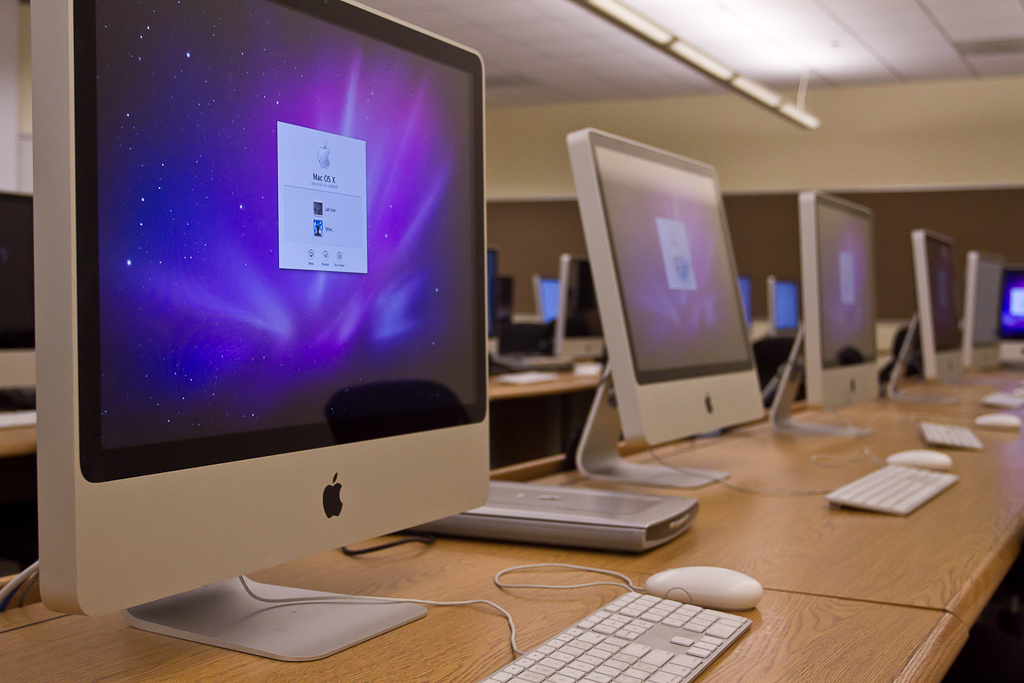President Barack Obama’s “Educate to Innovate” campaign has been pushing colleges to adopt new technology. In response to the campaign, universities are striving to meet expectations of updating their learning materials. In this regard, Biola is no exception.
The Biola Media Conference on May 5 is one way Biola is incorporating new methods into education. The conference is being held at CBS Studios in Studio City, and focuses on using technology, specifically film, to communicate to and inspire the world, according to its website. In addition, the Biola Digital Ministry Conference is going to be held from June 5-7 on Biola’s campus in order to help Christians to harness emerging technology in order to serve Christ, according to the Biola events web page.
These innovative conferences demonstrate Biola’s commitment to embracing technology in order to become a greater influence on culture and to help students understand how to use newer products to their advantage.
A recently released Huffington Post article highlighting the importance of Obama’s “Educate to Innovate” campaign discussed the problems of integrating technology into learning, especially when not done properly.
“Schools have done what all organizations are inclined to do when incorporating new technology. They cram the technology into their existing structure,” Harvard business professor Clay Christensen said in the article.
Using technology for learning in the classroom
John Mark Reynolds, director of the Torrey Honors Institute, says that he believes technology’s foremost purpose in colleges should be to encourage students’ learning.
“You should use whatever technology it takes to make the class go,” he said, adding that some schools incorporate technology regardless of whether it actually helps students. “We should design classrooms not around technology, but around people.”
Conversely, other professors believe that a lack of technology is actually more beneficial to learning. Ken Berding, a professor of biblical studies courses, holds the position that overuse of technology can actually detract from holding students’ attention.
“PowerPoints can be boring. I try to use them on particular topics less than a quarter of the time,” he said, adding that “[a PowerPoint] is a more cold, sterile, informational thing.”
Berding acknowledges that such products can be helpful teaching tools, but prefers to engage with students by having them listen to his own words, rather than have them copy down notes from PowerPoint slides.
“You can have a better personal interaction with people,” Berding said.
These opposing viewpoints on the usefulness of technology in the classroom show the difficulty in deciding to what extent Biola should recruit new products into the school’s classes.
Approaching technology with caution
Biola’s approach to technology has been relatively cautious, according to Reynolds. While the school uses common technological devices such as PowerPoints and films streamed from iTunes, they have yet to dive into major advances like exclusively digital textbooks, as other colleges are beginning to do.
“Biola is conservative about technology,” Reynolds said. “We’re not just plunging into gimmicks.”
However, Reynolds does see areas where Biola could improve in their implementation of newer products. He especially sees the advantage of using them to cut down the cost of attending Biola.
“We need to eliminate student loans … by putting things online,” he said, referring to the loans some students take out to pay for textbooks. “Information should be free.”







